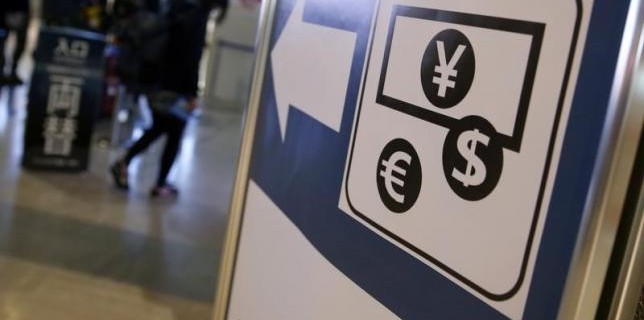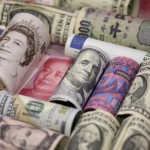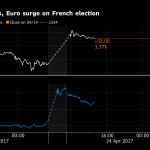Commodity currencies at ten-month highs as oil boosts risk sentiment

Commodity currencies like the Australian and New Zealand dollars soared to 10-month highs against the U.S. dollar, drawing support from oil prices which stabilized from a slide and underpinned broad risk sentiment in global markets.
The Australian dollar AUD=D4 rose to $0.7803, its highest since last June and up 0.6 percent on the day. Similarly, the New Zealand dollar NZD= jumped 1 percent to $0.7028, its highest in 10 months.
The oil-linked Canadian dollar CAD=D4 hit its highest since July last year as crude bounced from lows touched on Monday, having come under pressure after major oil-producing countries failed to agree on an output freeze on Sunday.
Brent futures LCOc1 were higher at $43.75 a barrel, holding well above Monday’s low of $40.10. Oil prices had edged higher earlier on Tuesday, supported by a Kuwaiti oil industry strike that has led to a cut in the country’s oil production.
“It is quite amazing how oil prices have recovered from Monday’s lows. That is shoring up risk appetite and pushing up commodity-linked currencies,” said Niels Christensen, FX strategist at Nordea. “As long as oil remains above $43 a barrel we think commodity currencies will remain supported.”
As risk appetite recovered, the safe-haven yen slipped. The dollar was 0.5 percent higher 109.40 yen JPY=, having bounced back from a one-week low of 107.75 hit on Monday.
The euro was up 0.65 percent higher at 124 yen EURJPY= and 0.1 percent higher against the dollar $1.1330 EUR=, taking a mixed German ZEW survey in its stride. ECONDE
YEN RETREATS FROM HIGHS
Investors are cautious about pushing the yen higher given the threat of intervention and chances that Japan could ease policy further. Bank of Japan Governor Haruhiko Kuroda told the Wall Street Journal the trend in inflation could be affected if the yen continued to appreciate excessively.
“Direct currency intervention remains a threat at below 105 yen levels,” said Peter Rosenstreich, head of market strategy at Swissquote. “Yet the BoJ must tread lightly as unsuccessful action will only erode their credibility, which is critical in policy setting.”
Both the Bank of Japan and the Federal Reserve are due to hold policy meetings next week.
Traditionally, interest rate gaps between the U.S. and Japan have been a key driver of the dollar/yen exchange rates, although the correlation has weakened considerable in recent months amid a clouded outlook for policy in the United States.
Influential New York Fed President William Dudley, said on Monday that U.S. economic conditions are “mostly favorable” yet the Federal Reserve remains cautious in raising rates because risks remain.
However, Boston Fed President Eric Rosengren, for his part, said the Fed is set to hike rates more rapidly than investors expect in comments that echoed many other regional Fed chiefs.
Source: Reuters





























